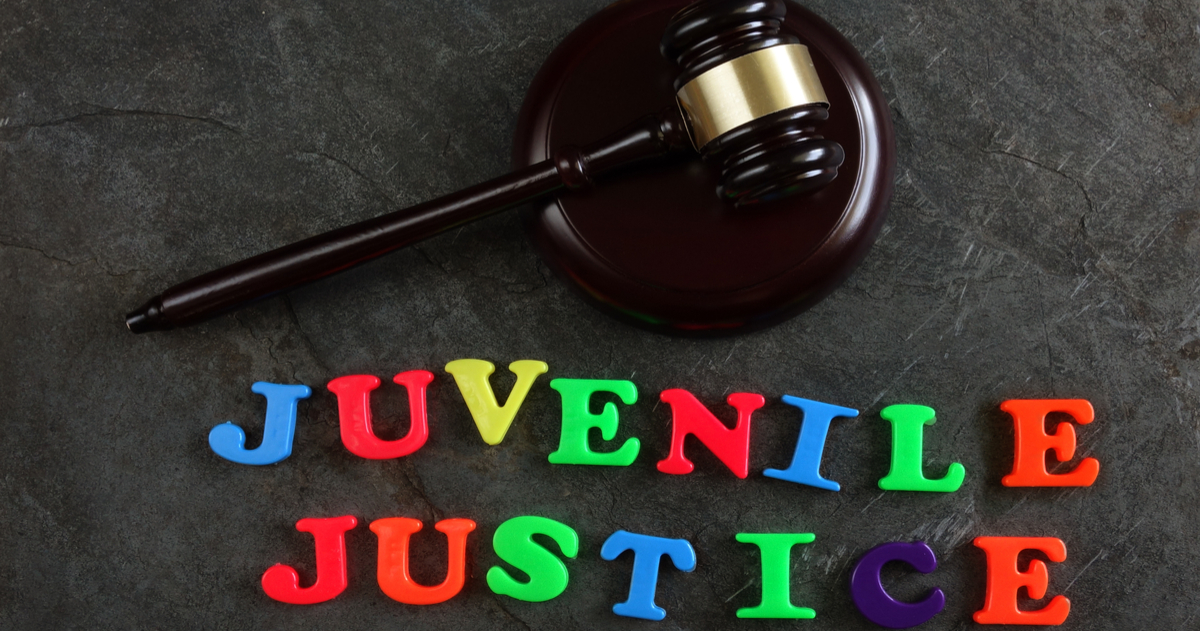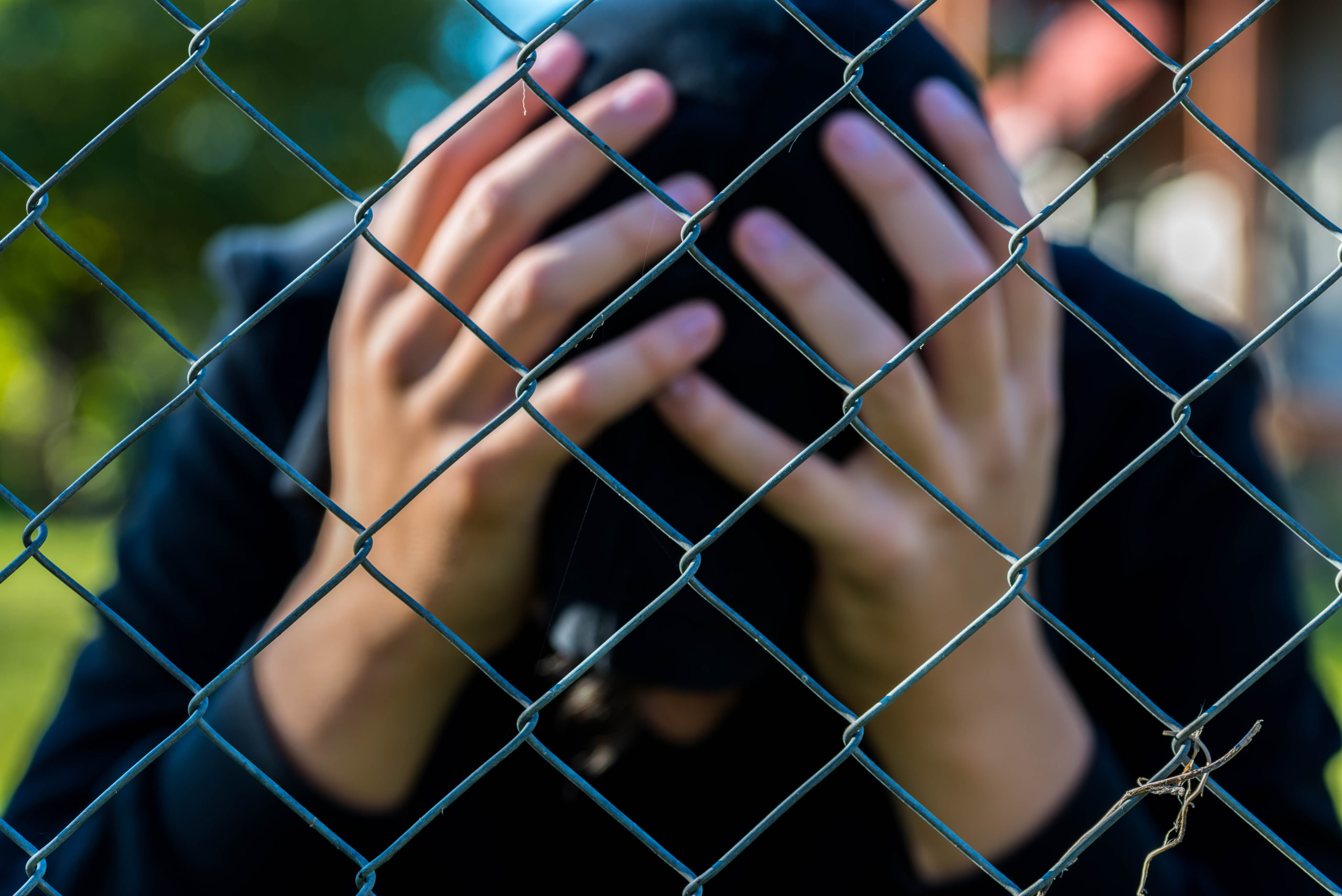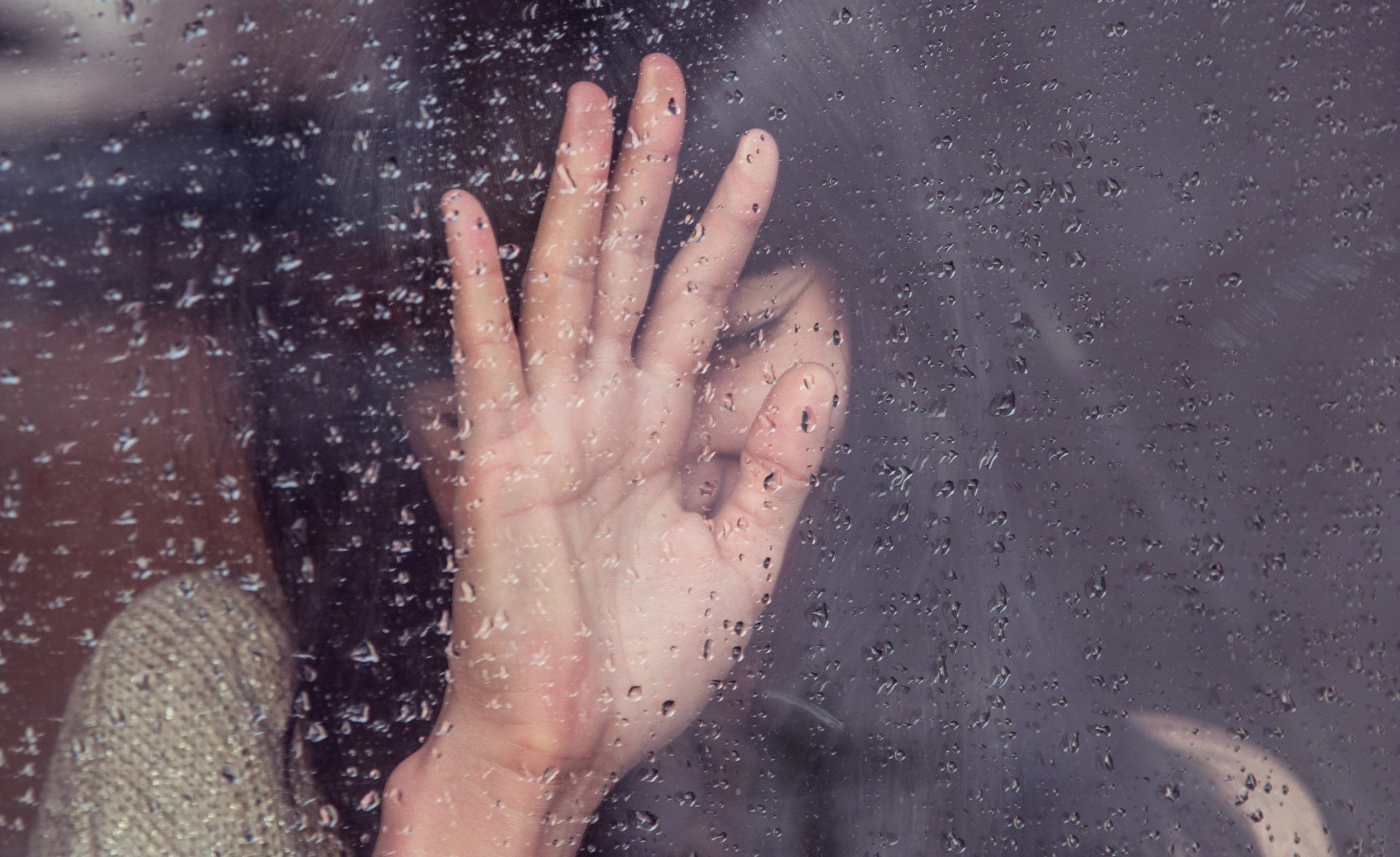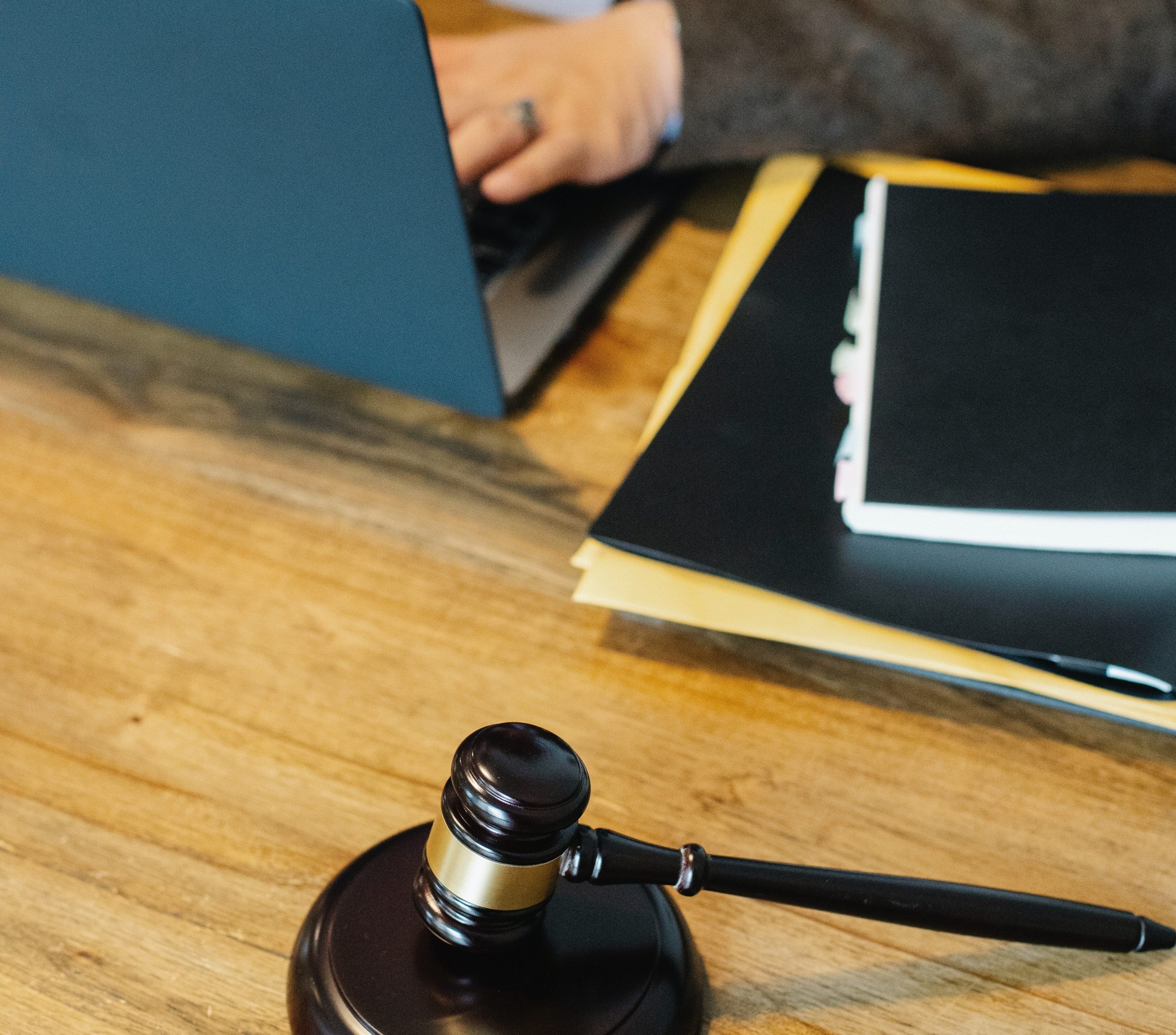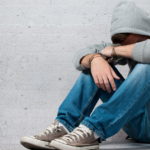Approximately 90%.
That’s the percentage of juvenile detainees who reported being exposed to at least one traumatic event, called adverse childhood experiences (ACEs).
These experiences include abuse, neglect, mental illness, addiction, growing up in a neighborhood marked by poverty, and more.
The more trauma they’ve experienced, the higher their risk. Some estimates show that up to a third of the population in juvenile detention has experienced four or more ACEs.
If your child just got arrested and charged with a crime, understanding their actions as a symptom can help you come from a place of love to help them heal.
UNDERSTANDING THE CAUSE(S) OF THE CRIMINAL CHARGE
What happens to you as a child shapes and effects you. Exposure to certain types of violence, poverty, and abuse can normalize harmful behavior and cause kids to self-destruct.
The most common cases I run into as a juvenile defense lawyer are those involving fights, knives, guns, drugs, robbery and sex offenses.
Let’s start with fights. Sometimes it’s the result of someone acting out physically when cyberbullied, not understanding that violence is unacceptable because of consistent exposure or simply not being able to control their impulses because of their adolescent brain still developing.
Then there are charges related to knives and guns. A common reason for this is that kids receive a glorified notion of weapons and take a knife or gun to school to show their friends, not realizing the danger involved. Gang involvement and other exposure to crime can also factor in.
Drugs (and alcohol) are a complex subject just by the nature of the emotionality and severe health and safety risks attached, and common motivations vary from wanting to fit in, to wanting to numb out, to being exposed to drugs from an early age.
Robbery involves using force or fear to deprive someone of their property. This can look like a kid shoving another kid and taking something from them. Too often kids do this not realizing the severity, especially with regular exposure to violence at home or with their friends.
Sex offenses are often sealed in shame, so its common occurrence in juvenile cases may come as a surprise. Many cases involve teenagers hooking up, not realizing it’s against the law under the age of 18 and gets further complicated when it involves alcohol.
Other cases involve inappropriate touching, and, depending on the age and the situation, the motivations and level of understanding behind what occurred can vary widely. In some cases, the juvenile charged has a history of being sexually abused themselves.
This does not excuse the behavior or take away responsibility from the child to pay restitution and to experience the repercussions of their actions. It simply gives us the bigger picture of what may have caused the behavior and to help the child understand the seriousness of their decisions, giving them a chance to make changes while they still can.
FOCUSING ON REHABILITATION INSTEAD OF PUNISHMENT
The juvenile justice system is separate from the adult criminal justice system because it’s widely understood that the brain is not yet fully developed.
The idea is that giving children the tools to succeed while they’re still learning and growing can lower recidivism and produce law-abiding adults.
While the success statistics vary widely, one thing is clear — locking up a kid and throwing away the key isn’t the answer because it takes away their chance to heal and better themselves.
Juvenile probation makes seeking help mandatory, which can take the form of incredibly helpful programs, especially for the developing mind, including individual therapy, group therapy, family therapy, anger management, domestic violence classes, substance abuse classes, and treatment programs for sexual offenses.
Many of these programs and treatment plans require 12-18 months of intensive treatment, resulting in individual attention for the factors that led up to the behavior. This gives young people a chance to understand and change their patterns while developing healthier ways to cope with their problems.
LOOKING TO THE FUTURE WITH A NEW UNDERSTANDING
Understanding childhood trauma’s role in juvenile delinquency as a whole is vital to empowering youth in trouble to make positive changes. Fortunately, California has taken great strides in transforming the conversation around juvenile crime.
By focusing on early trauma as a trigger for problematic behavior and crime as a symptom, the state is well poised to lead the way in providing treatment that can further aid in successful rehabilitation.
To further the system-wide reach of these efforts, Governor Gavin Newsom has stated that he intends to move the Division of Juvenile Justice from under the California Department of Corrections and Rehabilitation into the California Health and Human Services Agency.
No small shift for the current system, it would take juveniles out from under the supervision of the same department that oversees adult prisons. It’s a beacon of hope not just for the State but for the young lives to be changed by increased access to mental health and other vital services.
Surgeon General Dr. Nadine Burke Harris has furthered championed the emphasis on counteracting the heightened risks associated with multiple ACEs (adverse childhood experiences), the traumatic experiences mentioned earlier.
In her work within her private practice and in her capacity as Surgeon General, it’s clear she’s behind increased rehabilitative support for young offenders and holds bright hopes for their futures as adults if they embrace the help they receive.
The message being sent is a powerful one: what happened to you as a child matters and has changed the way your brain naturally responds to certain stressors. But you can choose a different set of responses, a different life. If you’re 16 or 17, it may seem far away, but you will soon be deciding what your life looks like every day. The control will be in your hands.
To screen your child for ACEs to assess their current level of risk and what you can do to help them make healthier choices in adulthood, go to acestoohigh.com/got-your-ace-score/.
For a judgment-free zone and an emphasis on rehabilitation, contact Proper Defense Law Corporation today for a FREE consultation at (559) 825-3800 or schedule an appointment online on my ‘Contact Us’ page. It gets better with Proper Defense, I promise.
Please note, Proper Defense serves all areas in the Greater Central Valley area, including those looking for juvenile law attorneys in Fresno, juvenile law attorneys in Clovis, juvenile law attorneys in Coalinga, juvenile law attorneys in Kingsburg, juvenile law attorneys in Hanford, juvenile law attorneys in Madera, juvenile law attorneys in Merced, juvenile law attorneys in Porterville, juvenile law attorneys in Reedley, juvenile law attorneys in Sanger, juvenile law attorneys in Selma, juvenile law attorneys in Tulare, and juvenile law attorneys in

